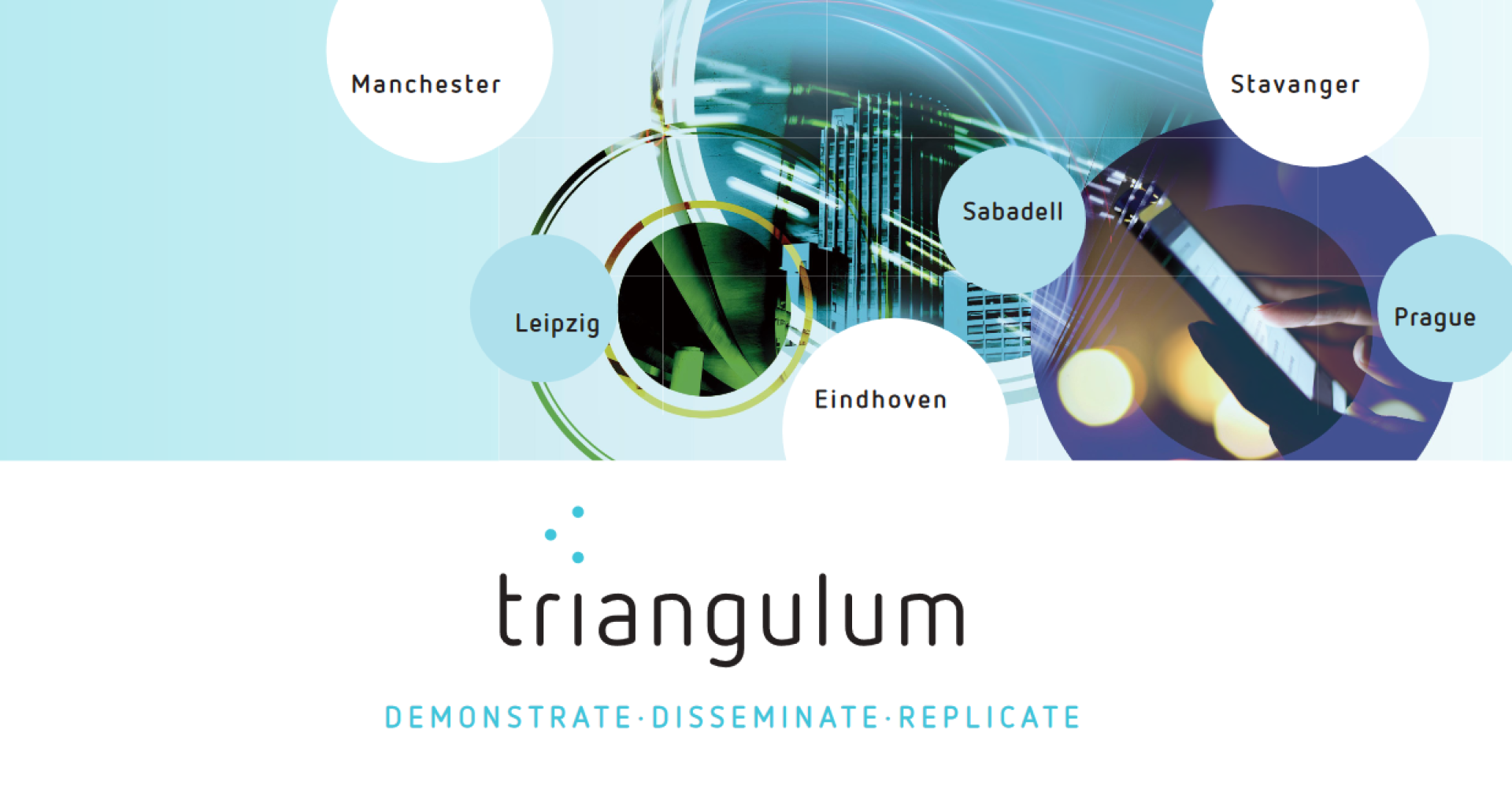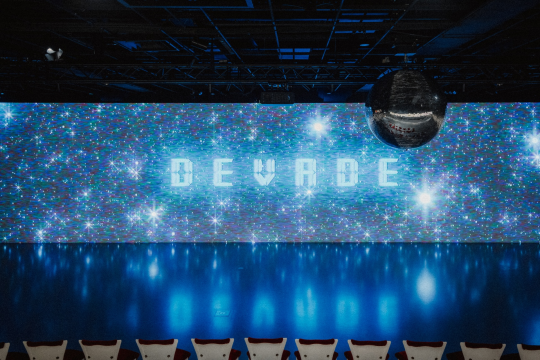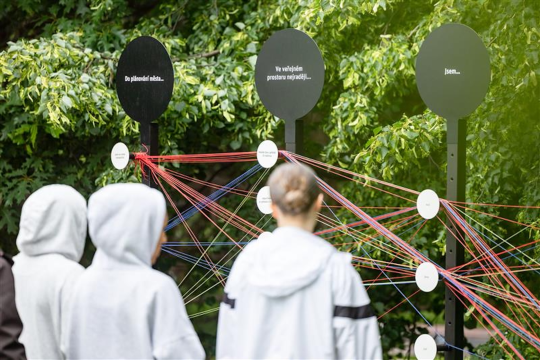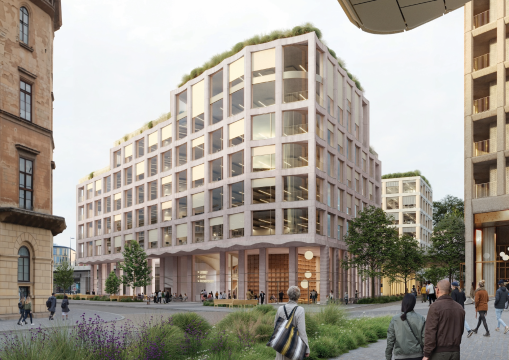IPR Prague wraps up five successful years of the Triangulum project
The last few months have marked the end of Triangulum, a five-year project that was one of 14 European Smart Cities and Communities Lighthouse Projects (SCC1) funded by the European Union’s Research and Innovation Framework Program Horizon 2020. From 2015 to 2020, Prague was a Follower City and one of 22 project partners from the public, academic, and private sectors. As suggested by the project’s motto, “Demonstrate, Replicate, and Disseminate,” the purpose of the project was for Follower Cities to gain insight into suitable smart city projects from Lighthouse Cites, which included Eindhoven, Manchester and Stavanger. The goal was for Follower Cities to learn about and potentially replicate the solutions and approaches in their own contexts.

Capacity Building
The initial phase of the project was aimed at capacity building. The Follower Cities were brought into the “kitchen” of city development in the individual Lighthouse Cities, where they were able to observe and assess the dynamics and approaches to the Smart City agenda in various settings. This international experience was essential for verifying approaches to the Smart City agenda in the context of Prague.
Smart Home Care Pilot Project
The Prague 7 Smart Home Care pilot project aimed to increase the quality, availability and efficiency of services offered to senior citizens in their home environments. Using innovative technology, the pilot aimed to tackle key needs such as safety and independence, as well as loneliness. A series of measures was defined in a participatory process with local stakeholders, with a focus on complex solutions in assistive technologies, ICT, energy efficiency and e-mobility. These are part of a robust feasibility study elaborated by the Czech Technical University’s Center of Energy Efficient Buildings (UCEEB) in collaboration with IPR Prague and Prague 7. The feasibility study included a project roadmap, which was officially authorized by the Prague 7 City Council; some of the mapped solutions were implemented wholly or partially, while some of them were postponed or altered.
Among the proposed solutions in the ICT department was a system for the support of integrated care, which consists of an integrated data platform, the digitization of the care center and the implementation of case management: a collaborative process of assessment, planning, facilitation and care coordination. A service portal for senior citizens is also planned, and is intended to serve as a marketplace of available services for seniors.
The extended emergency care solution aims to innovate and broaden the current emergency care model, specifically to improve coordination between individuals in case of emergency, simplify emergency care, and adjust the services to the needs of clients and family members. As part of this initiative, smart home solutions such as the Blink video communication device developed by the Stavanger partner LYSE AS was tested in five homes by the ŽIVOT90, a provider of services for seniors in Prague. The pilot lasted five months and showed the potential of the smartification of households in the context of public services.
In the area of mobility, there was a push for e-vehicles in the provision of social services for seniors in Prague 7 by the Care Center. Moreover, it included initiatives to design public space in a more age-friendly manner and to improve the accessibility to places most highly-frequented by senior citizens.
Finally, the initiative includes an educational showroom of medical & compensatory aids for citizens, with instructional videos and informational material to explain how to use available medical and compensatory aids, and to eliminate misconceptions about these devices.
Update of Prague’s 3D Model
The update of Prague‘s 3D Model, also undertaken as part of the Triangulum project, involved a complex system upgrade. It included software tools for the maintenance and web presentation of the 3D model, enabling IPR Prague to provide important spatial data for simulations and architectural competitions, among others. The model also enables IPR Prague’s Department of Spatial Data to gather and provide different types of data and information to other departments and city stakeholders.
URBANIA Exhibition
The final outcome of the project was the interactive audio-visual exhibition of the culture of cooperation in the public sector - URBANIA. Over the course of two months, almost 3,000 visitors from all sectors and walks of life learned about and experienced eight principles of urban planning, which were communicated in a visually compelling and interactive way. The principles are:
- Failure = benefit;
- Participation;
- Inter-sectoral collaboration;
- Pilot projects;
- Communication;
- Adaptability;
- Strategy; and
- Organization.
The identification of these principles was the direct result of site visits to the three Triangulum Lighthouse Cities. Here, the dynamics of successful teams of civil servants and their partners were observed. The principles were further informed by structured interviews with key stakeholders and civil servants in Prague. The exhibition fostered an exchange and supported the soft elements that form the culture of work in the public sector. Moreover, the principles were identified as integral to the successful initiation and effective management of smart urban development projects. The goal is to cultivate cooperation, a positive approach, and a culture of openness and communication.
Conclusions
The key benefits of the Triangulum project went far beyond those described above. The project fostered multidisciplinary collaboration, and created an international network and means of verification. The team from Prague was able to engage directly with its counterparts from other cities around Europe; gaining insights into the approaches, priorities and success factors of other city development offices resulted in significant capacity building. While solutions cannot always be fully transferable between cities, building a frame of reference is key. Participating in European projects such as Triangulum broadens the thinking of all involved actors and launches new, innovative ideas.
Please click here to learn more about the Triangulum project.
Mohlo by Vás také zajímat

DEVADE: Architektura Prahy mezi přísností a diskotékou. Nová kniha a výstava v CAMPu mapují město v éře devadesátek

Pražany baví participační hra. V roce 2025 se do projektu Tvoje město, Tvůj prostor zapojily skoro tři stovky návštěvníků

